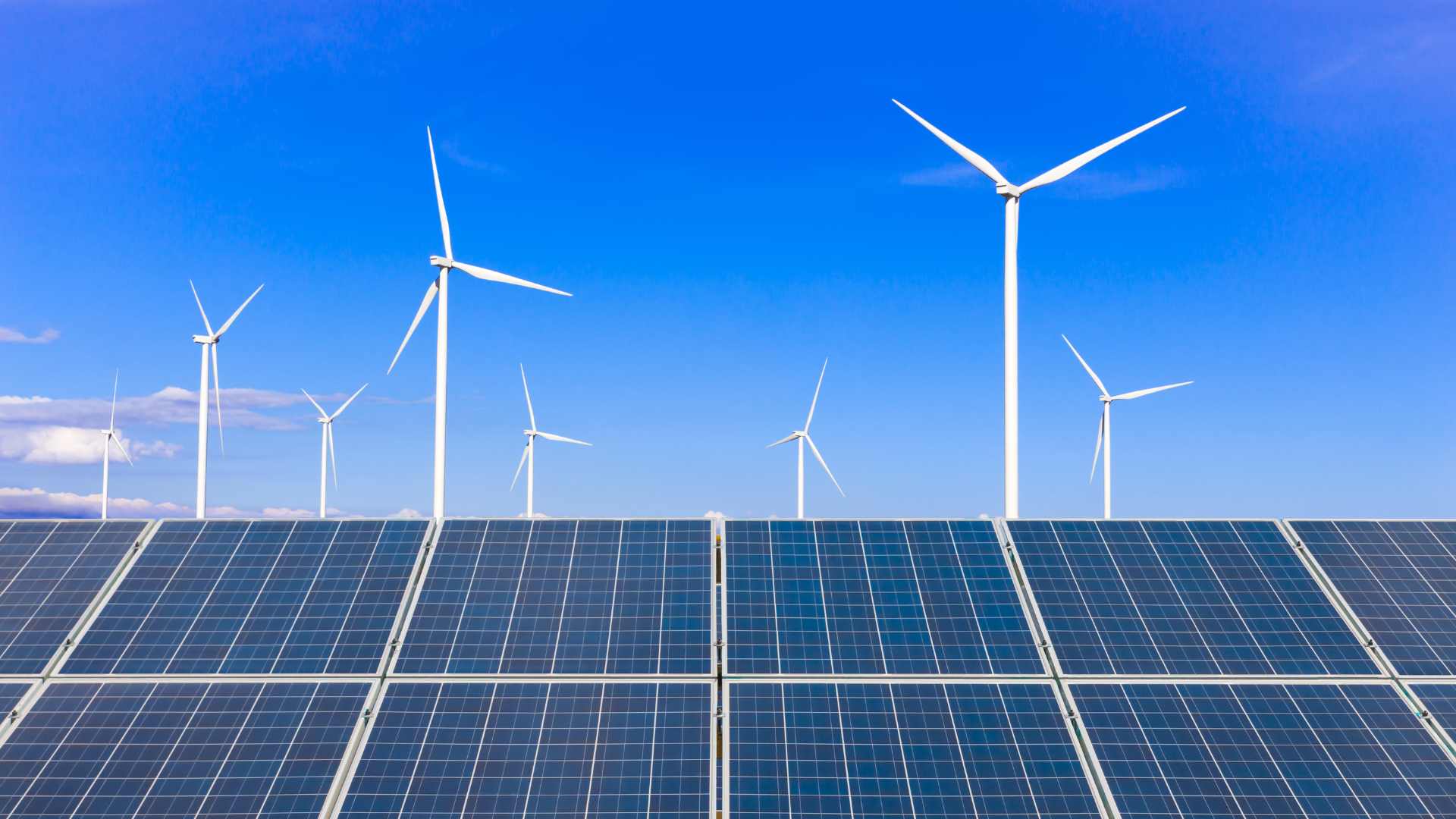
New Bill Turns Up the Heat on Fossil Fuel Suppliers

A major green energy shift is on the way as Minister for Climate, Energy and Environment Darragh O’Brien has secured Government approval to draft the Renewable Heat Obligation Bill 2025.
The legislation will pave the way for a national scheme, starting in 2026, that will force fossil fuel suppliers to show a portion of the heat energy they sell comes from renewable sources.
Set to run until 2045, the Renewable Heat Obligation (RHO) is aimed at cutting emissions in the heating sector, reducing Ireland’s reliance on imported fossil fuels, and strengthening long-term energy security. Obligation rates will start at 1.5 percent in the first year and rise to 3 percent in year two, with further increases likely following a full market review in year three.
The Government also reaffirmed its support for Ireland’s growing biomethane sector, which will play a key role under the scheme. Biomethane, produced mainly in rural areas, is expected to become a major indigenous energy source—creating economic opportunities and jobs in the countryside while reducing dependence on natural gas imports. Under the Bill, fuel suppliers will be encouraged to purchase biomethane from Irish producers. This provision will require approval from the European Commission to ensure compliance with EU Single Market rules.
The National Oil Reserves Agency (NORA) has been named as scheme administrator and will oversee implementation and compliance. The legislation will define its powers and responsibilities, informed by stakeholder consultation and detailed analysis carried out over the past several years.
Minister O’Brien said the Bill represents a critical step towards supporting Ireland’s emerging renewable fuel markets while protecting consumers. He added that drafting will proceed alongside continued EU engagement to ensure the scheme aligns with trade rules. Approval of the General Scheme, he said, is expected to unlock investment, drive rural development, and help secure Ireland’s clean energy future.
Share this WeathÉire story:






